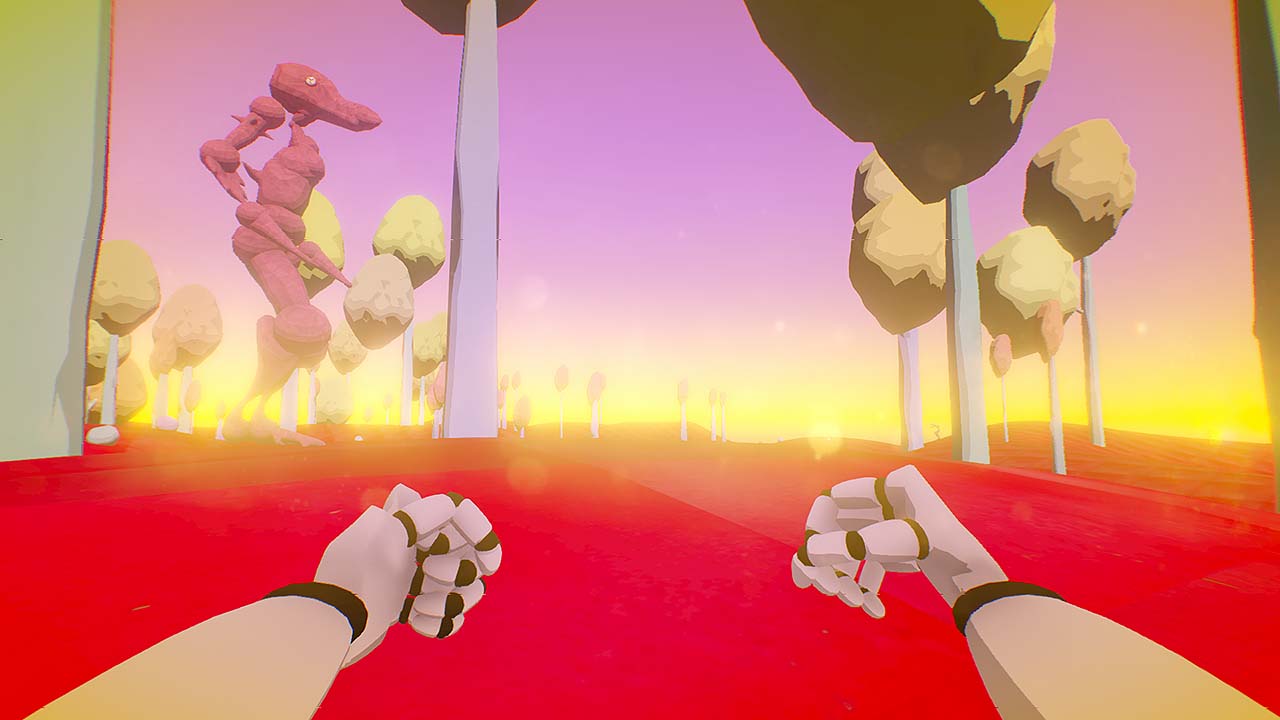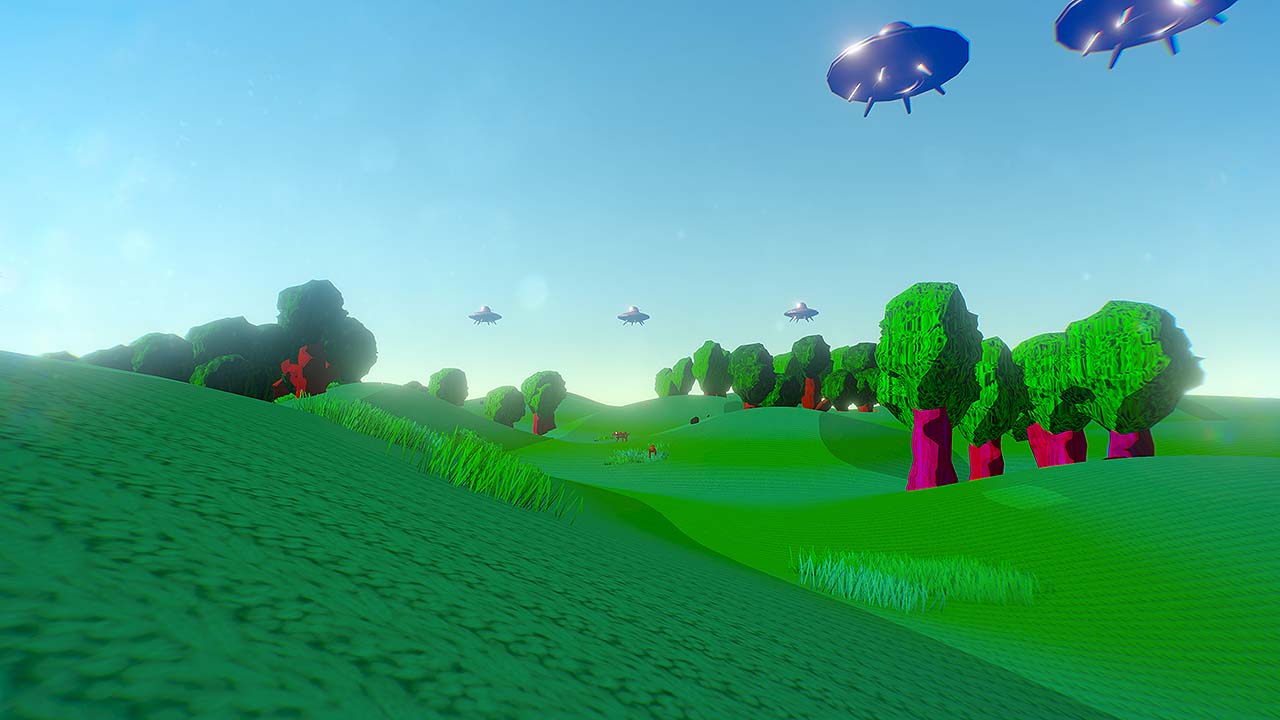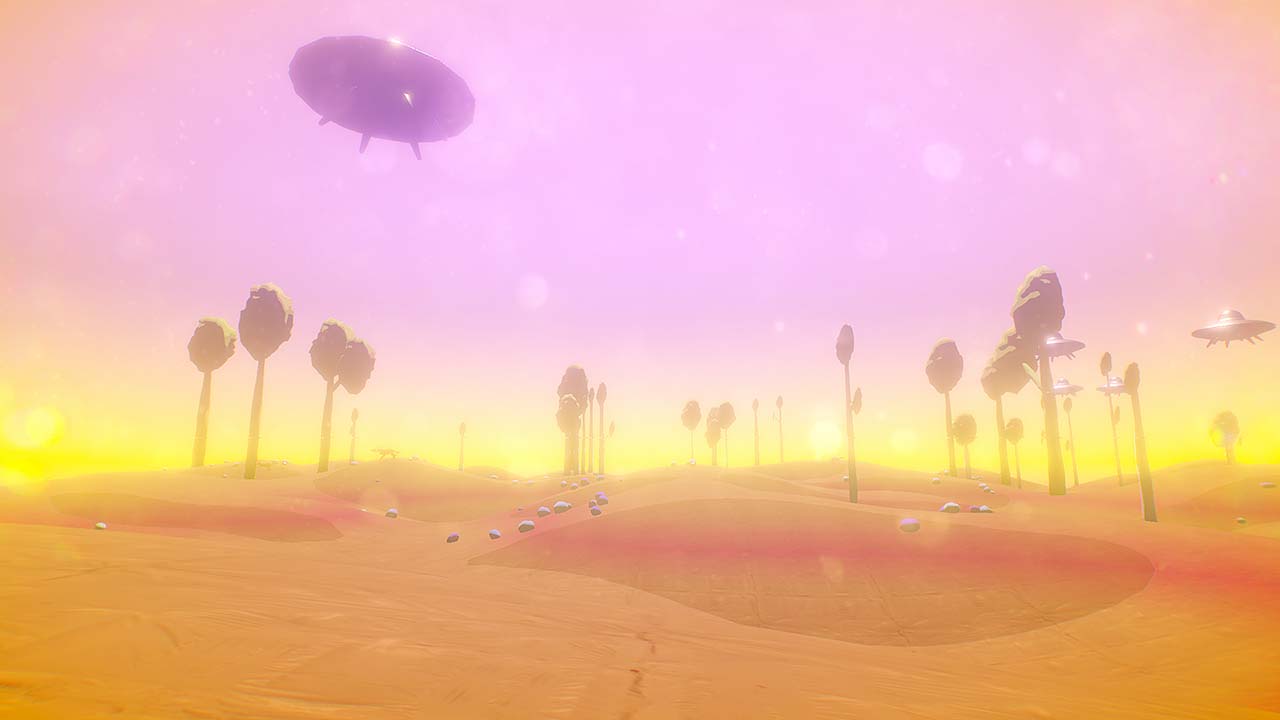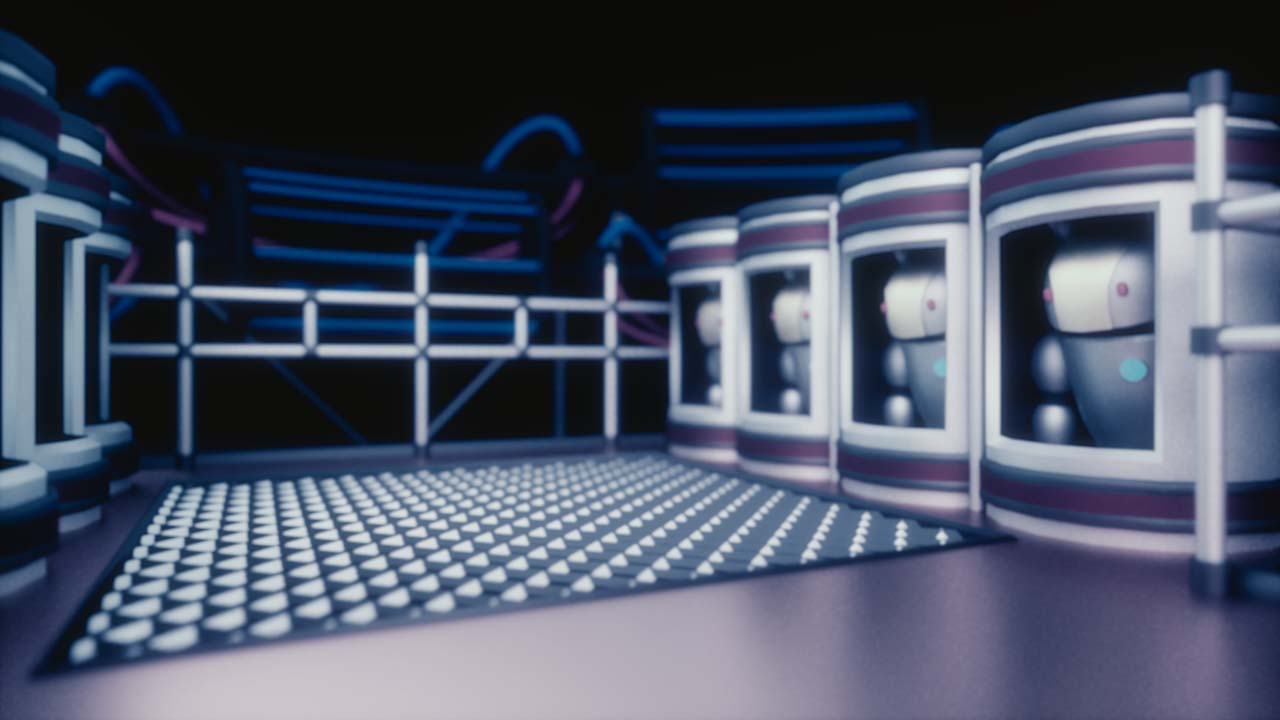△
COMPUTATIONAL CREATIVITY
MYRIAD
△
BACHELOR PROJECT - SUMMER 2017: COMPUTATIONAL CREATIVITY
Computational Creativity is the idea of computerized generation of contents with creative value. Researchers in this field have been developing different approaches to simulate human creativity processes in algorithms. From artistic poetry to the creation of new animal species - a wide range of artistic performances can be effected by computers.
Computational Creativity is the landmark of our Bachelor Project, Summer 2017. We focus especially on the procedural generation of creative content for video games. Therefore, we developed Myriad, a computer game prototype that is based upon different procedural content generation (PCG) techniques.
MYRIAD - OFFICIAL TRAILER
PROCEDURAL CONTENT GENERATION
Our project group studies different PCG methods for the purpose of game design. Video games are essential to our modern multimedia culture. Hence, new, innovative, but affordable video games are in great demand. For game developers, PCG is an attractive option for work relief: Myriads of different contents, which potentially meet aesthetic standards, can be created, without extra time effort.
Myriad is a colorful exploration game with many faces. The player is set in the position of a research robot and sent out on a special mission. The robot is teleported to different, randomly generated planets and instructed to explore and to protect them from alien invasions.
We incorporated different PCG algorithms in Myriad. They all deliver procedures that use pseudo-random parameters to create semantically coherent outcomes, like trees, animals, landscapes and sounds.

RESEARCH
Our research focuses on the impact of procedurally generated game worlds on player experience. In an own study, we explore how Myriad's randomly generated game worlds influence players' feelings of autonomy and competence. We rest our approach upon the well-known Self-Determination Theory and the concept of Basic Psychological Needs by Deci and Ryan (2008; see Ryan, Rigby & Przybylski, 2006). Furthermore, we investigate the role of personal attributes, such as personality and gamer type, in this cause-effect relationship.

TEAM
We are a Bachelor Project group of the Digital Media Lab (http://dm.tzi.de/), at University of Bremen, led by Prof. Dr. Rainer Malaka. Our group is a composite of 19 undergraduate students who major in Computer Science (3), Digital Media (14) and Business Informatics (2). This Summer 2017 project is a required course, mentored by Prof. Dr. Rainer Malaka and Dr. Tarek R. Besold.
Our team's diverse skills and interests influence the, mainly self-organized, work-process strongly. Solution-finding processes are characterized by vivid discussions and interdisciplinary perspectives. Finally, we are a cheerful squad consisting of:
Tiaden Beyl, Dennis Giberlein, Sergej Gorbushin, Jonas Harmeling, Linda Hömmken, Nikolas Jürgensen, Angelie Kraft, Hoang Nam Le, Kewin Lozicki, Julian Mathonet, Henrik Axel Nickelmann, Luca Nixdorf, Josephine Ortgies, Feri Pujianto, Matthias Karl Schippel, Gerd Schröder, Pascal Weidenbach, Sebastian Wenger, Gerrit Ziemer.

CONTACT / REFERENCES
CONTACT:
ccreativity17@gmail.com
REFERENCES
Deci, E. L., & Ryan, R. M. (2008). Self-determination theory: A macrotheory of human motivation, development, and health. Canadian psychology/Psychologie canadienne, 49(3), 182.
Ryan, R. M., Rigby, C. S., & Przybylski, A. (2006). The motivational pull of video games: A self-determination theory approach. Motivation and Emotion, 30(4), 347-363. https://doi.org/10.1007/s11031-006-9051-8

